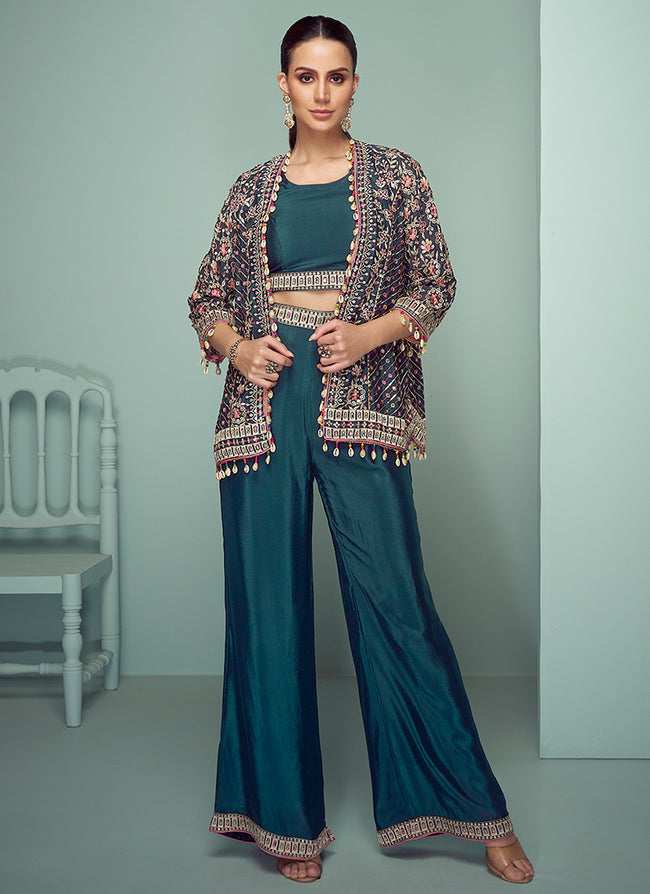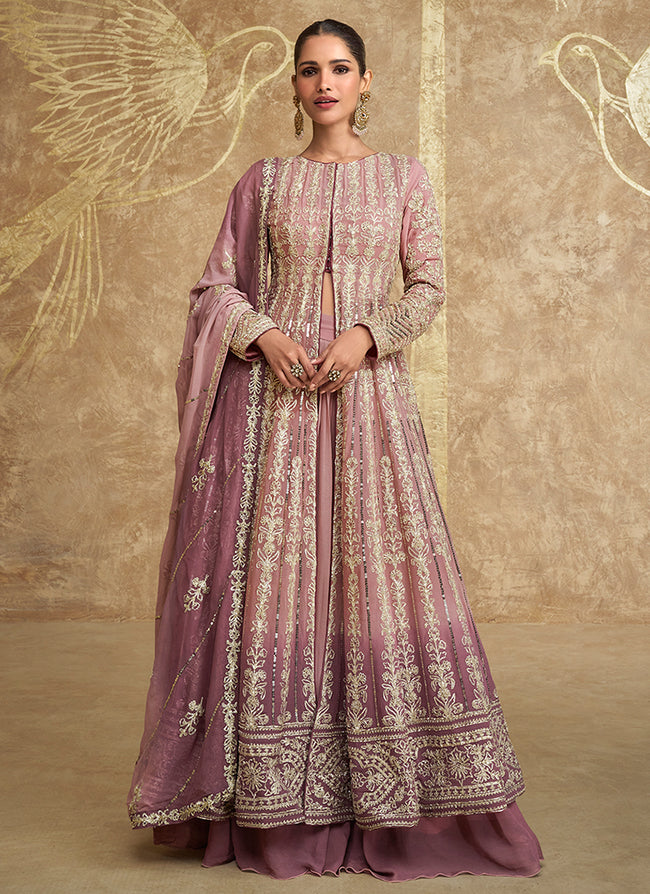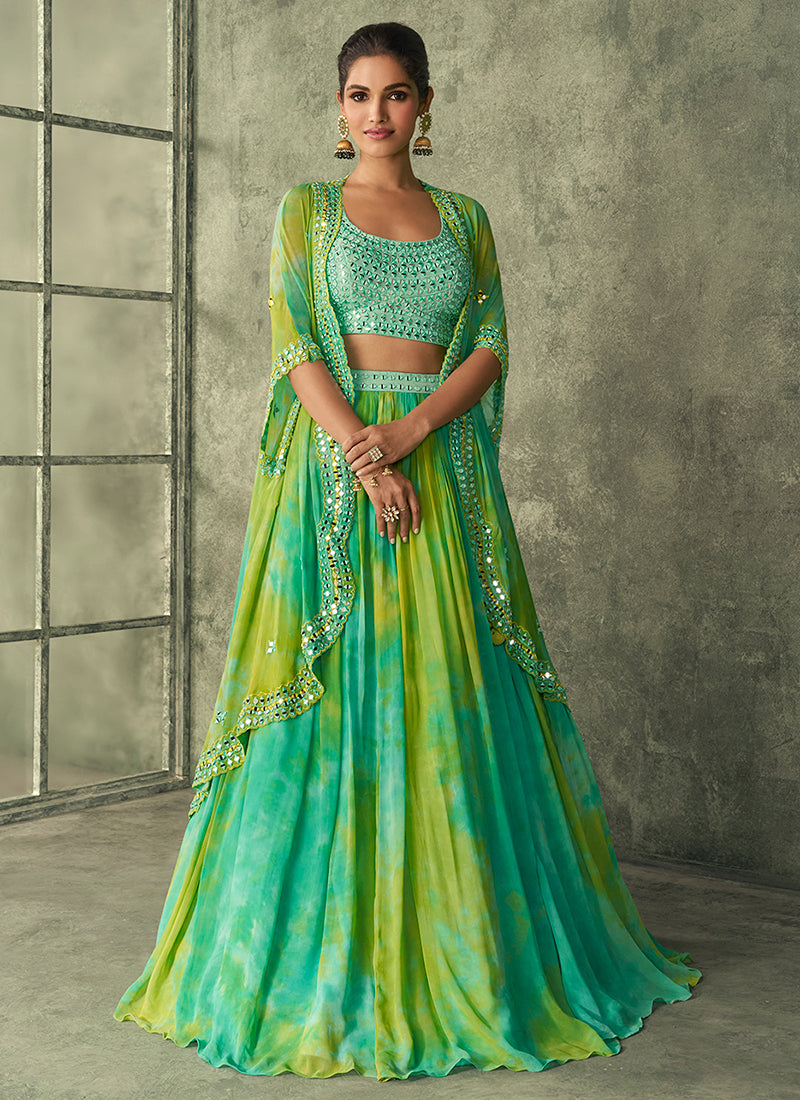As awareness of environmental issues grows, the fashion industry is undergoing a significant transformation, with sustainability at its core. Indian fashion, steeped in rich traditions and vibrant heritage, is also evolving to embrace eco-friendly practices. Here’s a look at how sustainable choices are reshaping traditional clothing in India.
1. Organic and Natural Fabrics
One of the most impactful changes in sustainable Indian fashion is the shift towards organic and natural fabrics. Materials like organic cotton, linen, hemp, and silk are gaining popularity due to their minimal environmental impact. Organic cotton, in particular, is grown without harmful pesticides and fertilizers, making it a safer choice for both the planet and farmers.
2. Handloom Weaving
Handloom weaving is a time-honored tradition in India, and it is also one of the most sustainable methods of fabric production. By supporting local artisans and using traditional techniques, handloom fabrics minimize carbon footprints and promote local economies. The resurgence of handwoven textiles like khadi and ikat not only preserves cultural heritage but also offers eco-friendly alternatives to mass-produced fabrics.
3. Natural Dyes
The use of natural dyes is another essential aspect of sustainable Indian fashion. Unlike synthetic dyes, which can be harmful to both the environment and human health, natural dyes are derived from plants, minerals, and other natural sources. This practice not only reduces pollution but also creates unique, earthy tones that celebrate the beauty of nature.
4. Upcycled and Recycled Materials
Upcycling and recycling are gaining traction in the Indian fashion scene. Designers are creatively repurposing old garments and fabric scraps to create new, fashionable pieces. This not only minimizes waste but also offers consumers unique and one-of-a-kind clothing items that tell a story. Brands that focus on upcycling contribute to a circular fashion model, where materials are continuously reused rather than discarded.
5. Slow Fashion Movement
The slow fashion movement advocates for thoughtful consumption and the purchase of high-quality, durable pieces rather than fast fashion items. In Indian traditional wear, this means investing in timeless garments like sarees, lehengas, and kurtas that can be cherished and passed down through generations. By prioritizing quality over quantity, consumers can significantly reduce their fashion footprint.
6. Ethical Production Practices
Sustainable Indian fashion is also about ethical production practices. Many brands are now transparent about their supply chains, ensuring fair wages and safe working conditions for artisans and workers. Supporting these ethical brands helps foster a more equitable fashion industry while promoting craftsmanship and artistry.
7. Minimalist Designs
Minimalism is a growing trend in sustainable fashion. Simple, elegant designs that focus on quality and craftsmanship rather than excessive embellishments resonate well with eco-conscious consumers. Minimalist traditional wear, such as understated sarees or elegantly tailored kurtas, allows for versatility and longevity in the wardrobe.
8. Community-Centric Initiatives
Many sustainable fashion brands are rooted in community-centric initiatives, working closely with local artisans and communities to promote traditional crafts. By fostering these connections, they not only preserve age-old techniques but also empower local artisans, ensuring their livelihoods while promoting sustainability.
9. Awareness and Education
Educating consumers about the impact of their fashion choices is crucial for driving change. Many brands and organizations are now focusing on awareness campaigns that highlight the importance of sustainable fashion practices. By informing consumers about the benefits of eco-friendly choices, they can encourage more responsible buying habits.
Conclusion
Sustainable Indian fashion is more than just a trend; it’s a movement that honors tradition while embracing eco-conscious practices. By choosing organic fabrics, supporting handloom weaving, utilizing natural dyes, and promoting ethical production, consumers can make a significant impact on the environment and the livelihoods of artisans. As the fashion industry evolves, embracing sustainability in traditional clothing not only preserves cultural heritage but also paves the way for a more responsible and equitable future.













